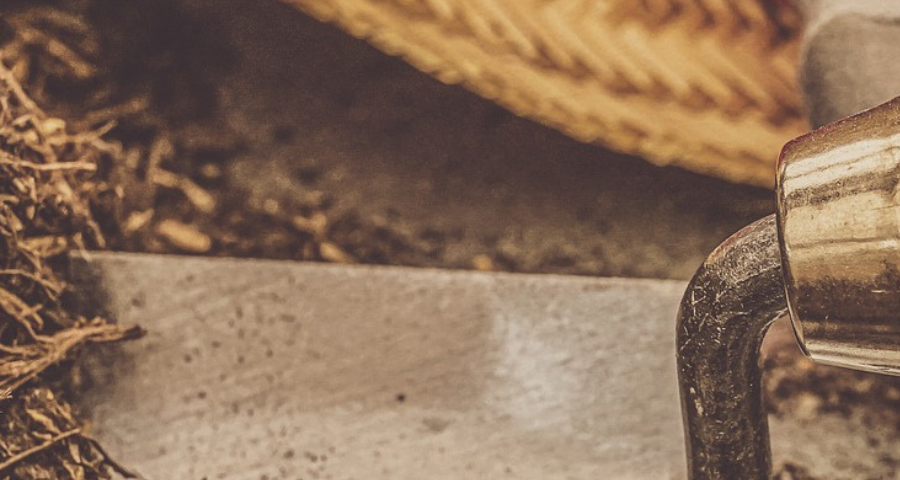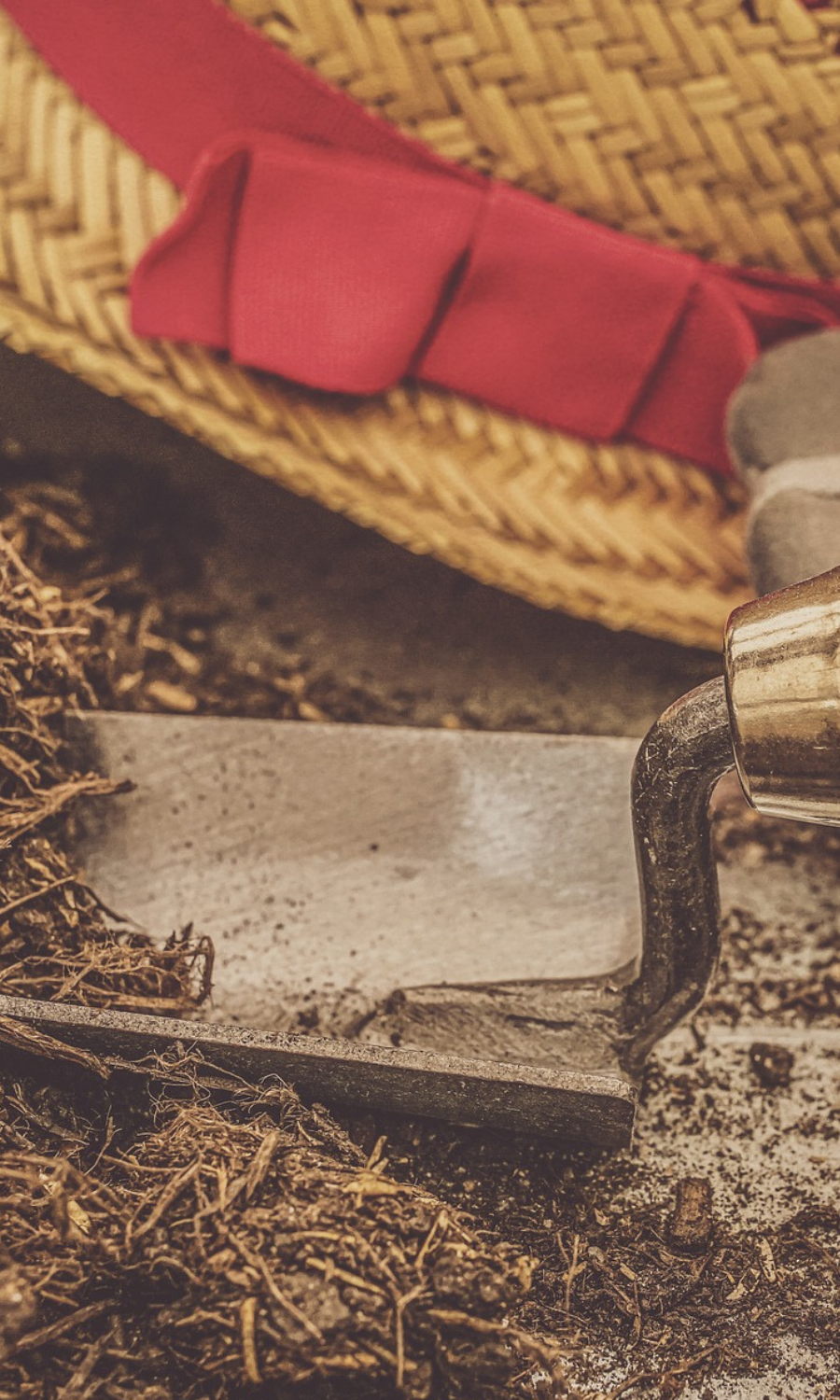By Cindy Dixon
Looking for a way to increase your garden’s health and fertility? Try worms!
Vermicomposting (Worm composting) is a method for recycling food waste into a
rich, dark, earth-smelling soil amendment in the form of worm castings (aka worm
poop). These creatures work round the clock producing a rich, healthy soil from
food scraps. This method of composting is not only fun for the entire family, it
doesn’t take much time or space to get it started. Vermicomposting can be done year
round without taking up a lot of space; an ideal way for apartment dwellers to
compost, too.
Why use worms for composting?
There are many benefits and advantages to vermicomposting. It’s really a
low maintenance and inexpensive way to turn your kitchen scraps into a beautiful
nutrient rich soil amendment. As long as you feed them scraps of fruits (not too
much citrus) and vegetables and keep them moist, they are happy. Other worm
‘treats’ include, coffee grounds, tea bags, eggshells, and cardboard, to name a few.
Over time, you’ll find your worms will have food preferences. My worms are
especially fond of avocado and coffee grounds, and they will also tolerate a small
amount of onions I occasionally throw into the bin. Just keep the meats, dairy
products, oils and pet waste away from the worms.
Worm castings are high in water-soluble plant nutrients, making it one of the
richest in natural fertilizers. In fact, worm castings are 5 times richer in nitrogen, 7
times richer in phosphates and 11 times richer in potash than your average topsoil.
Worm castings are considered the best organic fertilizer for your plants; even better
than regular compost. Just think of the money you’ll save by not having to buy
fertilizers and soil amendments! Studies have shown that heavy metals present in
the vermicomposted materials are unavailable to plants. In addition worms reduce
the pathogen levels during vermicomposting. WOW! Those worms are really
looking out for the plants’ best interest!
These productive pets not only put back life in your soil, they work around
the clock for mere scraps. Plus, they won’t keep your or your neighbors up at night!
Stay tuned for next week's part 2 blog for how vermicomposting works and what type of worms you need for it.
* Cindy is an Agriscaping Certified Educator (ACE) in Las Vegas, NV. Learn more here.


